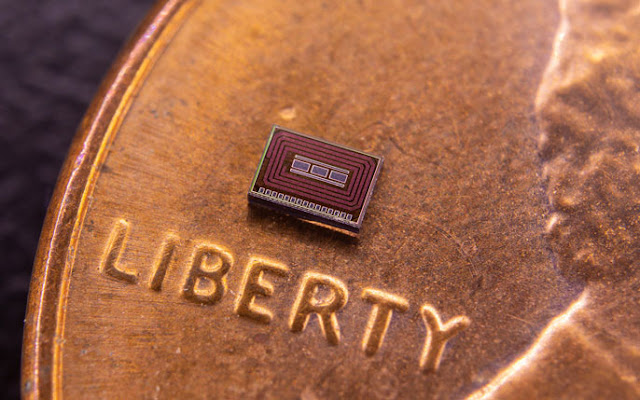Scientists at the University of California, San Diego have just launched a tiny device that could analyse the blood alcohol levels within 3 seconds of alcohol intake. The device can detect roughly one cubic millimetre of alcohol in the blood. On top of everything, the device can be linked to your smartphone.
Engineers who created the gadget say that alcoholics can monitor their alcohol levels in real-time and help therapists by keeping an eye on the progress. As the breath analysers that we use currently are not accurate as the new chip, Scientists say. As of today, the only accurate method in depicting the blood alcohol levels is lab tests, which require special skills. This chip gives results that are as accurate as the laboratory tests.
This device was launched at the Institute of Electrical and Electronics Engineers' Custom Integrated Circuits Conference held this week in San Diego.
Engineers who created the gadget say that alcoholics can monitor their alcohol levels in real-time and help therapists by keeping an eye on the progress. As the breath analysers that we use currently are not accurate as the new chip, Scientists say. As of today, the only accurate method in depicting the blood alcohol levels is lab tests, which require special skills. This chip gives results that are as accurate as the laboratory tests.
Also read: 6 Internal Body Organs People Can Live Without
This device was launched at the Institute of Electrical and Electronics Engineers' Custom Integrated Circuits Conference held this week in San Diego.
“The ultimate goal of this work is to develop a routine, unobtrusive alcohol and drug monitoring device for patients in substance abuse treatment programs,” said Drew Hall, an electrical engineering professor at the UC San Diego Jacobs School of Engineering who led the project.
How does this device function?
- The device is inserted beneath the skin in the interstitial fluid (the fluid that surrounds the body cells and includes plasma and transcellular fluid)
- The device contains a sensor that is coated with Alcohol oxidase, which reacts with alcohol in the blood to produce a byproduct that is detected by the sensor.
- The sensor sends electrical signals to the smartwatch or smartphone paired with the device.
- There are also two additional sensors that measure the surrounding pH levels to make the reading more accurate.
“A tiny injectable sensor — that can be administered in a clinic without surgery — could make it easier for patients to follow a prescribed course of monitoring for extended periods of time,” Hall said.The tech giant Samsung and the U.S government extended their support for the project. Let's wait until the device reaches the commercial stage.


No comments:
Post a Comment